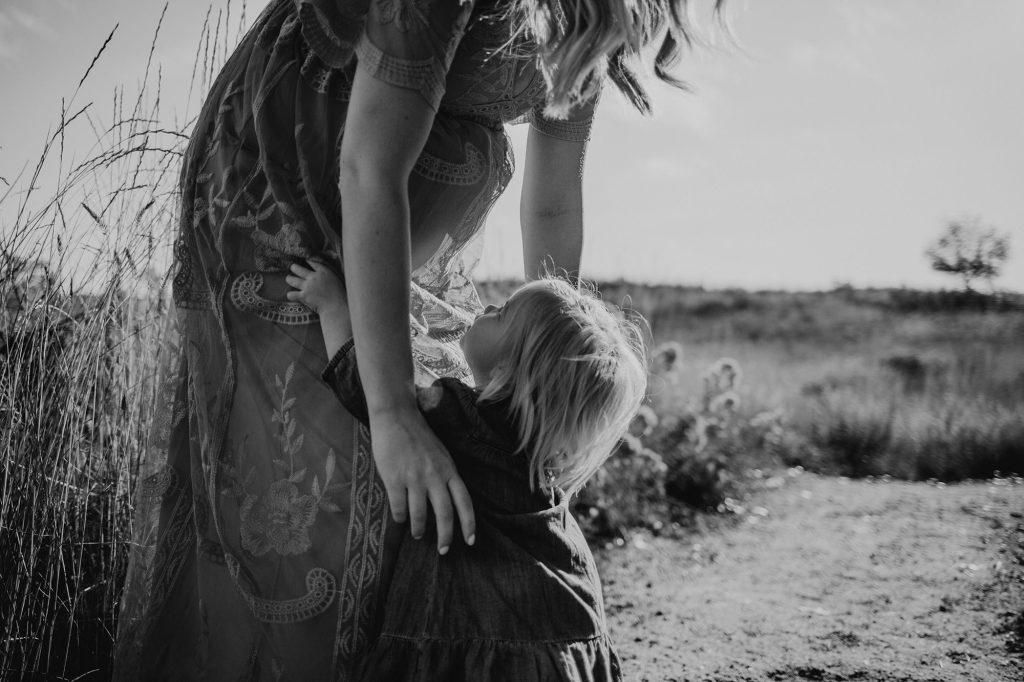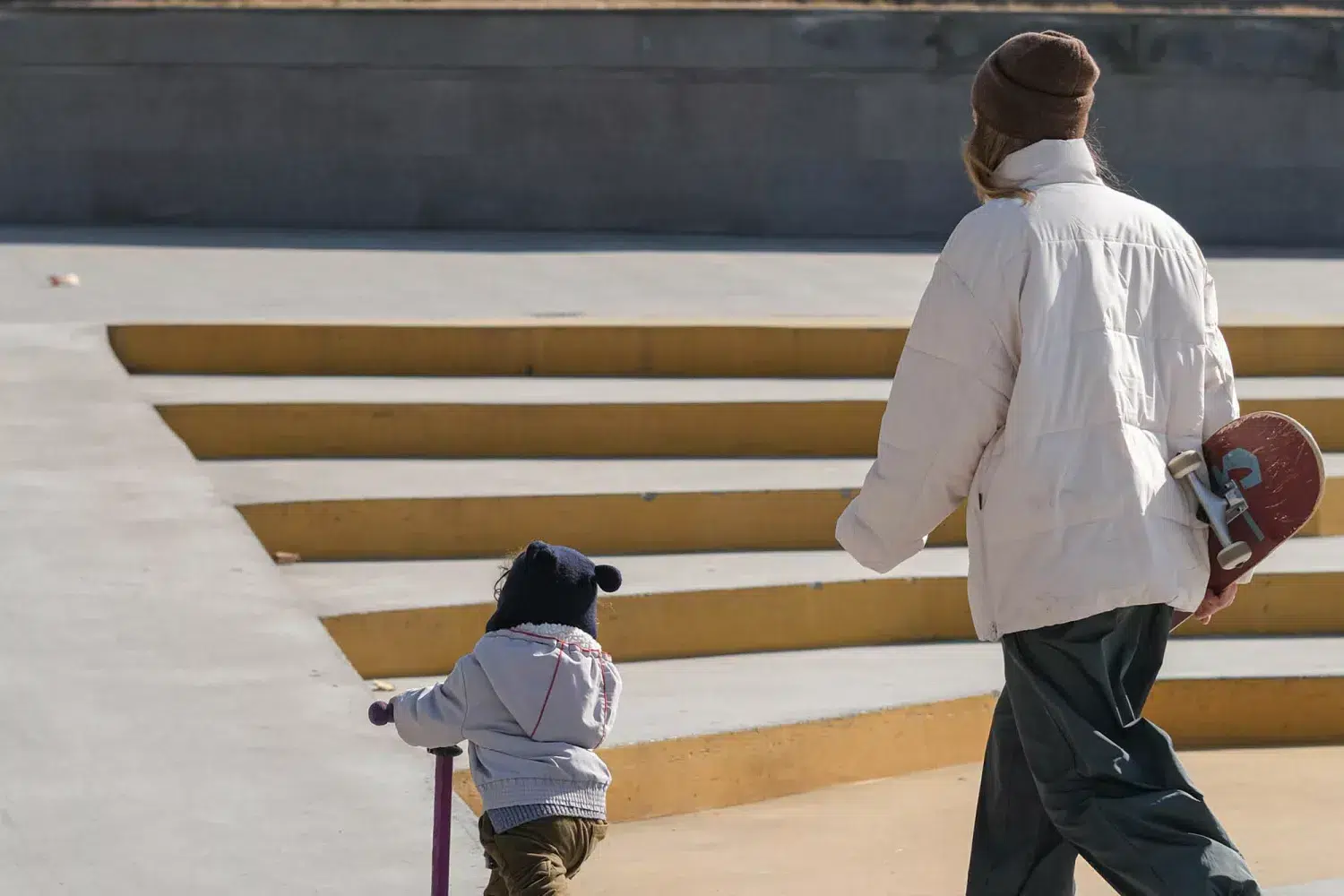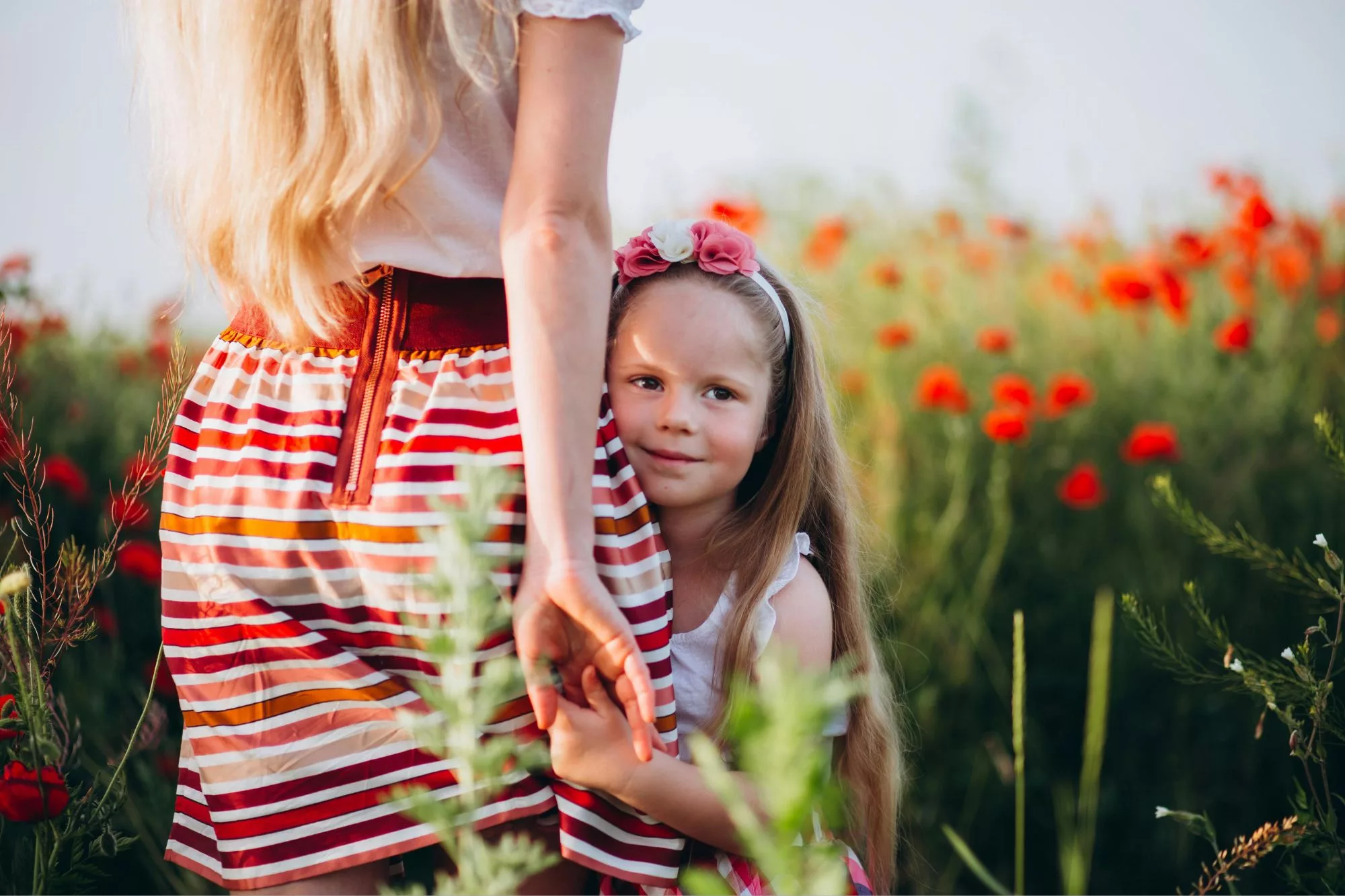We think we need to do more, but The Secret Of Half-Arsed Parenting author Dr Susie O’Brien says doing less makes you and your kids happier.
By Dr Susie O’Brien
It’s no coincidence that middle age – when most child-rearing takes place – is the least happy time for many people.
The Australian Unity Wellbeing Index shows those aged 18 to 25 are the happiest, but satisfaction dips markedly during mid-life. From age 66 it starts to rise again, reaching peaks not seen since early adulthood.
“HALF-ARSED PARENTS DON’T BANG ON ABOUT THEIR KIDS. THEY LET THEM BE KIDS.”
It’s a conclusion echoed by social researcher Neer Korn, who found the least happy of all are the Gen Xers, who are in their 40s to mid-50s now, with primary- and high school-aged children. Only 59 per cent say they are satisfied, let alone happy.
“They are the middle group and they’re mostly mums and dads whose lives are at the peak of stress,” Korn says.
Many are also feeling the pressure of being the ‘sandwich generation’: stuck between raising kids and caring for ageing parents.

It’s a fact that kids = stress
The Family Values report shows more than a third of adults say having children adds stress to their lives.
I’d agree with this, especially when you are hurtling down the freeway late for soccer while trying to remember the team’s grade and division so your 10-year-old can download the app telling you where the hell you should be going.
Parents worry about lots of things.
Will my kids turn into nice people? When will they poo out that coin they swallowed last week for a dare? Will they ever get off Minecraft and come to dinner?
The Family Values report also found the greatest issue for parents is the huge amount of time kids take up.
While this is true, it’s got a lot to do with how hands-on parents are these days.

Why parenting ‘less’ is more
Dr Judith Locke, a clinical psychologist specialising in parenting and child wellbeing, did some research on hyper-parenting or, as she calls it, overparenting.
As she sees it, overparenting involves extreme responsiveness from the parent (i.e. extremely high levels of praise, attention and care) and low demands for the child (i.e. reduced responsibilities around the house or not implementing consequences for their child’s inappropriate behaviour).
She found parents who are highly responsive to their child “may be more likely to invest intensive parental effort, and ask people and institutions the child encounters to alter policies and procedures to maintain an ideal and pleasant life for them”.
Dr Locke says such parents want to make sure their kids’ lives are “unhindered by unpleasantness”.
This may mean “completing their homework, providing transport, helping them avoid discipline or insisting that peers meet their child’s needs”.
This all takes time – a lot of time – and considerable effort.
It’s no wonder, she concludes, that mothers “who attempt to increase childhood intelligence and accomplishment through intensive effort and increased time spent with children may be at risk of exhaustion, stress, anxiety, and guilt”.
I conclude that they’re often boring as batsh*t too.
Dr Locke asked 128 Australian psychologists and teachers for examples of overparenting they’d seen. Nearly one-third had seen many instances, two-thirds had seen some and only eight had not encountered any.
Overparenting
The professionals talked about parents cutting up the food of 10-year-olds, bringing a separate plate of food for a 16-year-old to a party as he was a picky eater, carrying kids old enough to walk, stopping 17-year-olds from catching trains to school and badgering teachers about what class their child would be in, year after year.
The list also includes having kids assessed for giftedness early in life, giving endless instructions such as “don’t touch that” and “sit down”, and choosing their children’s friends.
According to Dr Locke, the overarching principle is that, regardless of the actual level of effort, their child must be rewarded.
Such parents are also intimately involved in their children’s social lives. They come to school to talk to their child’s friends, confront other parents about their child missing out on party invitations and message their child’s friends on social media.
My daughter would never let me do the latter – no siree. She’s outraged when I use abbreviations in texts like GR8 and BTW, let alone take over her Instagram account.

The parenting trap
As one professional interviewed by Dr Locke explains, “The parents fight for the child to have what they want rather than tough it out and face the consequences.”
Another says, “I have had follow-up phone calls from parents within two minutes of a student finishing a conversation with me – wanting to express concern, frustration, about what had been discussed with their child.
With the child’s emotions high and a ‘one-eyed’ view of what was discussed, they phone their parent who in turn takes immediate action to me. More often than not, their version of the ‘supposed’ conversation is completely inaccurate.”
I can see how it happens. I know parents of high-school kids who drop off heated-up food at lunchtimes, ring or text them repeatedly during the school day and drive them around rather than let them catch public transport.
Confession: I’ve been guilty of all three. It’s not good for us, and it sure isn’t good for the kids, who aren’t allowed to grow up.
My boyfriend at uni was one of these man-babies. He was 19 but his mother packed his lunch every day, with a frozen drink bottle she’d wrapped in foil and a tea towel secured with a rubber band. No wonder it didn’t last with me. He could barely tie his own shoelaces, let alone conduct an adult relationship.

The shift against toxic parenting
I am not the first person who’s raised these issues. Everywhere you look, someone is having a go at parents for doing a bad job. One of the most recent is Australian author John Marsden, whose book, The Art of Growing Up, is a manifesto against middle-class toxic parenting.
He rails at parents who view their child as their hero, think their child is extraordinary and avoid tough decisions and discipline. Throw in those who are overly controlling, too busy saving the world to care for their kids and those who want to be best pals with their children, and you’ve got an epidemic of poor parenting choices.
Marsden, the principal of two schools, says, “In recent years it has become unusual for me to get an application for a Foundation enrolment from a parent who does not describe their child as gifted, imaginative and/or creative.”
Marsden quotes parents who say he or she has ‘taught us so much already’ and who report they are ‘in awe’ of their offspring. These parents are not just talking their kids up to get them into Marsden’s schools; it goes further than this.
These kids choose their own schools, black-ban their parents’ friends who don’t worship them and refuse to eat sandwiches that do not have the crusts cut off. Their mums and dads compete for the title of Most Bereft Parent while they wait for their child to return home from boarding school. They also read all the books on their English lists, Marsden tells us.
Sound familiar? Not to me.
I am not in awe of my kids. I love them, but they are not my heroes.
Half-arsed parents don’t bang on like that about their kids. They let them be kids.
7 golden rules of half-arsed parenting
- Doing half as much is more than enough.
- Adopt a ‘she’ll be right’ attitude because mostly it is.
- You don’t need to be a tech-free, hands-free parent. You’re doing just fine with your hands full.
- Don’t believe everyone who says they feel #blessed on social media. They’re probably #fullofsh*t.
- Cut corners, diminish expectations and underwhelm your loved ones at every opportunity.
- Drop your standards, ditch the guilt and relax.
- Give yourself a participation medal.
And remember:
Just because it’s on, you don’t have to go.
And just because the kids want it, you don’t have to buy it.
Just because they ask you, you don’t have to say yes.
Feel better? Good.
Text from The Secret Of Half-Arsed Parenting by Dr Susie O’Brien. Murdoch Books RRP $32.99.







